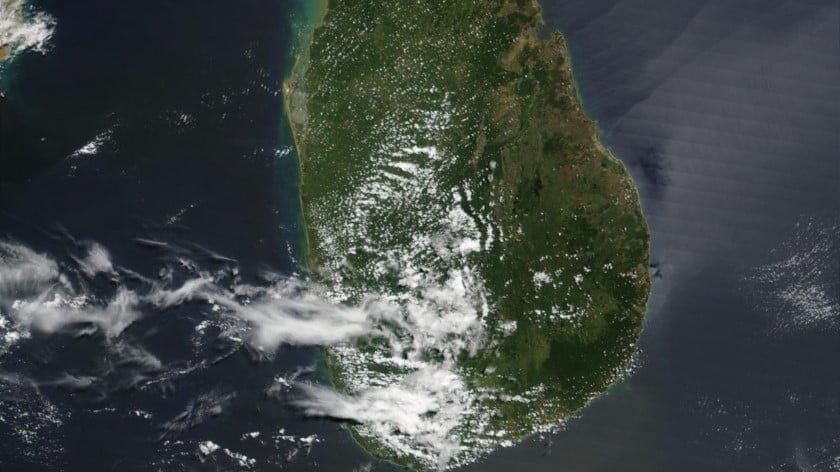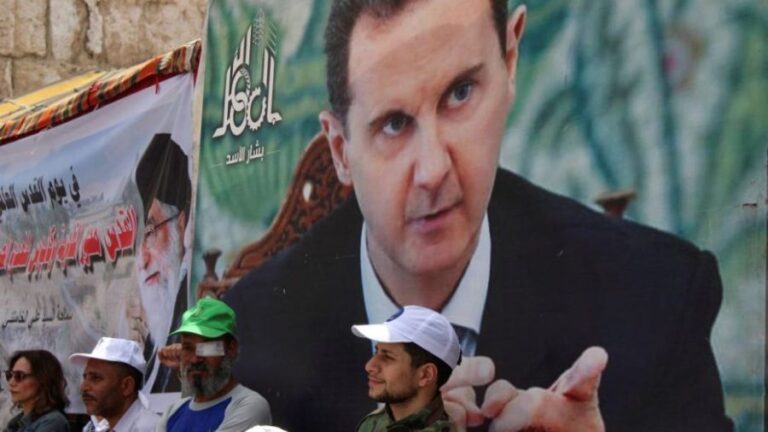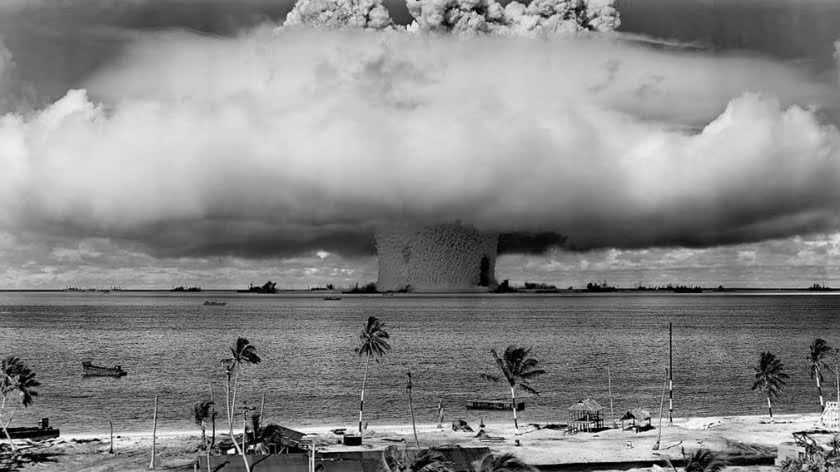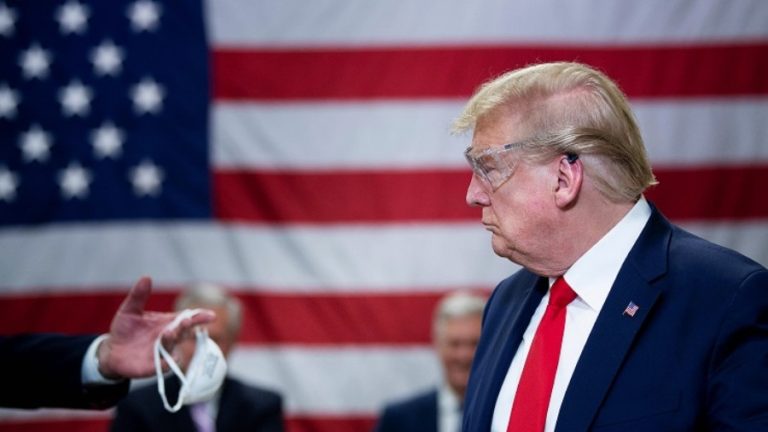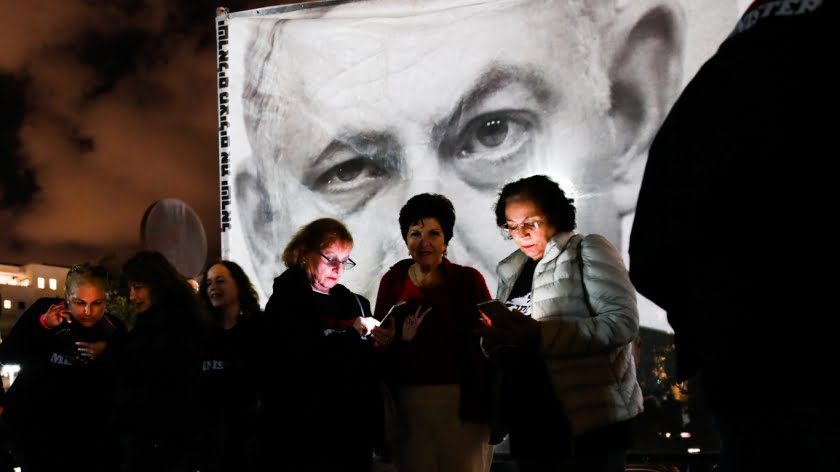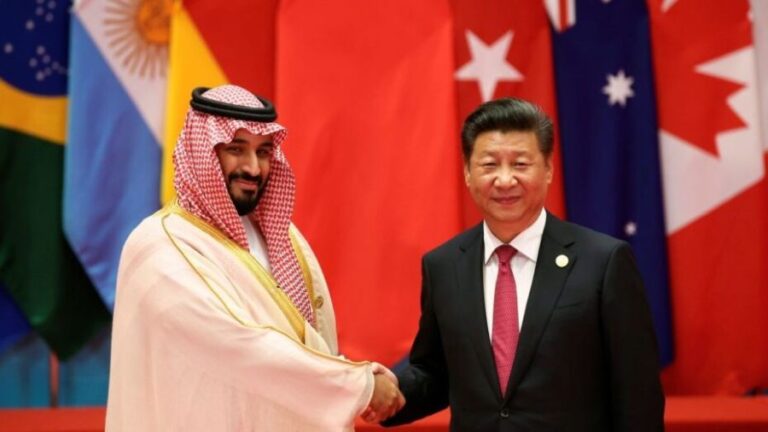The US Wants Sri Lanka To Become Its Unsinkable Aircraft Carrier In South Asia
The US’ interest in replacing the 1995 Status Of Forces Agreement (SOFA) with Sri Lanka stems from its desire to turn the island nation into its unsinkable aircraft carrier in South Asia and possibly even the base of a prospective “Eighth Fleet” tasked with controlling the so-called “Indian Ocean”, but its long-term strategic plans won’t succeed unless Washington ensures that incumbent leader and vehement opponent of this deal President Sirisena loses the upcoming elections later this year and is therefore unable to stop this scheme from entering into force.
Sri Lanka catapulted to global attention a few months ago when it was victimized by one of the worst-ever suicide bombing attacks since 9/11, but the island nation’s latest security-related crisis is conspicuously being ignored by the Mainstream Media. Its pro-Western Prime Minister is collaborating with the US to replace the 1995 Status Of Forces Agreement (SOFA) in order to make it easier for the American military to deploy to the country at will, which prompted the patriotic president to promise that “I will not allow the SOFA that seeks to betray the nation. Some foreign forces want to make Sri Lanka one of their bases. I will not allow them to come into the country and challenge our sovereignty.” Only regional outlets reported on this simmering political-security crisis even though it has global strategic implications in the event that America achieves its tacit goal of turning the country into its unsinkable aircraft carrier in South Asia.
The Pentagon’s newly published “Indo-Pacific” Strategy Report makes it clear that it intends to establish and maintain dominance over the so-called “Indian Ocean” through which a significant share of the global commercial and energy trade traverses in order to “contain” China in the New Cold War. The recent rebranding of the Pacific Command to the “Indo-Pacific” Command emphasizes the operational importance that the US places on this body of water, so it’s only natural that the next step might be the creation of an “Eighth Fleet” tasked with controlling it. Accordingly, while the strategically positioned British-owned but US-leased island of Diego Garcia might seem like the most logical place to base it at, the tiny atoll is far away from the Afro-Eurasian landmass and therefore ill-suited for taking on such a role. Instead, Sri Lanka would make a much better location because of its proximity to the US’ new military-strategic ally India and being astride the global shipping routes on which a lot of the Chinese economy depends.
The only way to ensure that the US’ long-term strategic plans succeed is for President Sirisena to lose the upcoming elections that are scheduled for later this year. The Sri Lankan leader’s political career perfectly encapsulates the strategic dilemma in which his country has found itself. When his predecessor (and recent political ally Rajapaksa) openly embraced China as a “balancing” force for guaranteeing Sri Lanka’s sovereignty in the face of the threats posed by the nearby rising Indian hegemon, he channeled the West’s infowar against its Belt & Road Initiative (BRI) deals (and especially the one in Hambantota) to rally the masses with populist rhetoric and narrowly win the 2015 election. Rajapaksa blamed India’s foreign intelligence service for meddling in the run-up to the vote and being responsible for his defeat, which in hindsight was probably true after Sirisena temporarily pivoted towards New Delhi and its Washington patron immediately after his victory. The “honeymoon” was short-lived, however, since he eventually decided to reorient towards China in order to “balance” out the excessive influence that those two Great Powers began to wield over Sri Lanka.
His attempt to replace his ardently pro-Western Prime Minister late last year with Rajapaksa of all people in order to ensure the success of his new “balancing” policy engendered a constitutional crisis that ultimately ended in failure, which resulted in the irreconcilable polarization in the country that some have claimed made the Easter suicide attacks much easier to carry out. In any case, Sri Lanka is divided like never before, and the US’ efforts to push through its revised SOFA are only accentuating the differences within the country and pushing its government closer to the edge of collapse. Barring any unforeseen circumstances such as Sirisena selling out to the US, he’s expected to keep his promise to fight tooth and nail against any deal that infringes on Sri Lanka’s sovereignty, with it also being in the back of his mind that he needs to do so in order to stand the best chance of winning re-election. That being the case, it can be anticipated that America will covertly work together with India to attempt a repeat of RAW’s 2015 election meddling to try to unseat the patriotic incumbent and advance their agenda for turning the island nation into their joint protectorate.
By Andrew Korybko
Source: Eurasia Future

